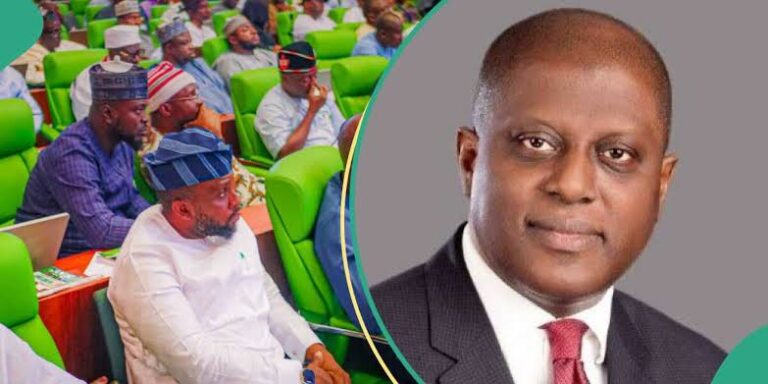The House of Representatives has summoned Yemi Cardoso, the governor of the Central Bank of Nigeria (CBN), to explain the decision to lift the forex ban on forty-three items.
Recall that in 2015, access to certain items—like cement and toothpicks, among others—was initially restricted from foreign exchange. As a result, importers of these commodities were compelled to obtain foreign exchange from the black market, often at inflated rates.
Days after the ban was lifted, however, the lower chamber of parliament on Tuesday passed a resolution in plenary session after Katsina lawmaker Sada Soli moved the motion to summon the governor of the CBN was adopted as one of urgent public concern.
This summon comes at a time of heightened volatility in the FX market, following the consolidation of all trading windows into the investors’ and exporters’ (I&E) window.
While moving the motion, Soli expressed concern that the decision could result in the closure of factories and ultimately weaken the nation’s ability to develop the local economy. He emphasized that the Nigerian economy would be negatively affected by this decision, and there was a possibility that “middlemen” could exploit the new policy.
Jesse Onuakalusi, a lawmaker for Lagos’ Oshodi/Isolo II federal constituency, supported the motion by proposing that the Central Bank of Nigeria (CBN) reevaluate the policy while waiting for the outcome of the legislative action.
However, when Tajudeen Abbas, the speaker of the house, put the amendment to a voice vote, it was rejected.
Cardoso and other stakeholders have been summoned to appear before the House committees that oversee finance, customs, and banking regulations.
Ada Peter



























